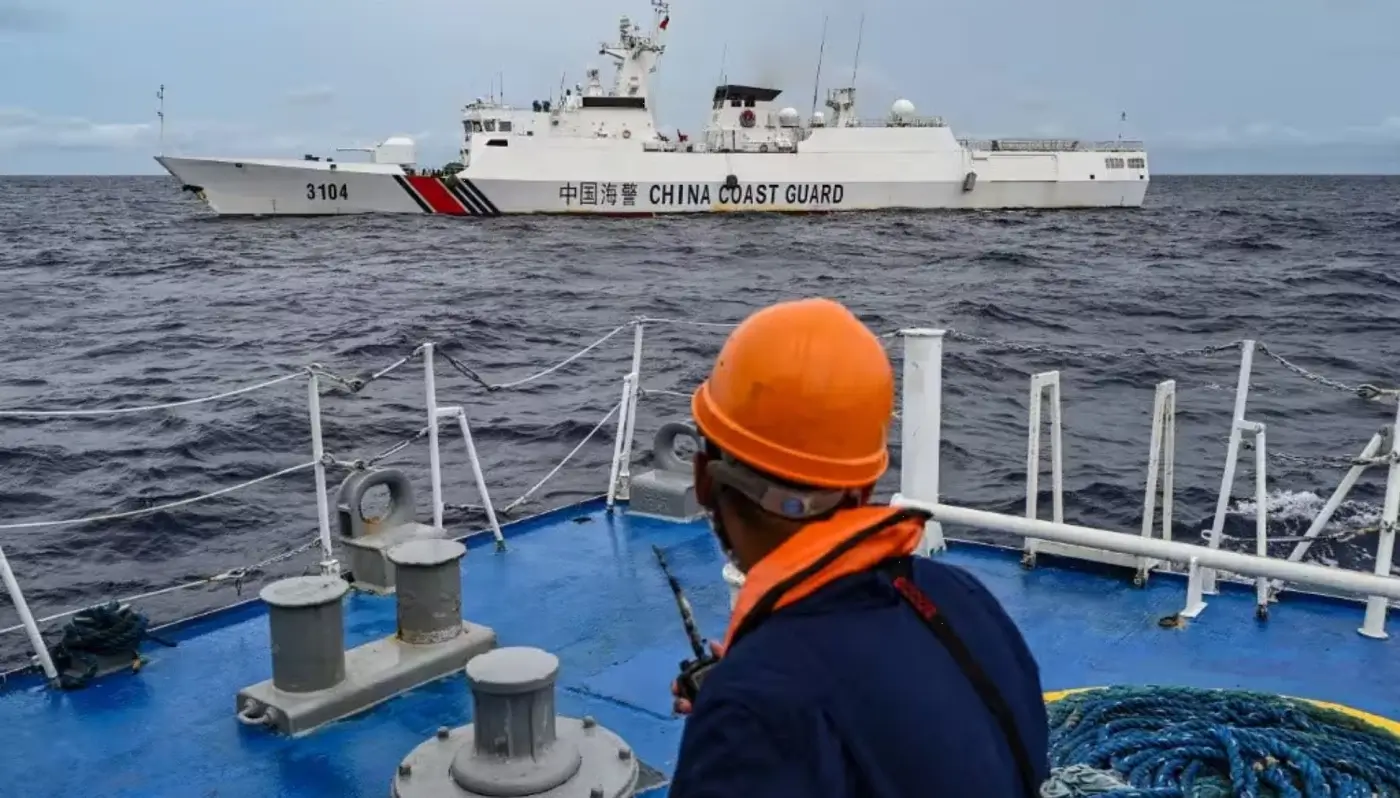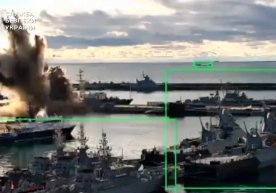
The geopolitical situation around the South China Sea has once again escalated. China's Ministry of Defense issued a sharp statement regarding the military cooperation between the U.S. and the Philippines, arms deals, and joint patrols with Japan. Beijing considers these moves a threat to regional stability.
Beijing blames Washington
Ministry of Defense spokesperson Colonel Zhang Xiaogang stated on Wednesday that the U.S. is using bilateral treaties as an excuse to interfere in disputes in the South China Sea.
“The U.S. is interfering in South China Sea issues based on its alliance treaties. This violates China’s territorial sovereignty and maritime rights. It’s an attempt to pressure China — but this approach won’t work,” Zhang said.
F-16s and patrols — tensions rise
It was reported that the U.S. recently approved a deal to sell F-16 fighter jets to the Philippine Air Force and conducted joint military patrols in the South China Sea with Japan. Washington claims these steps are aimed at ensuring regional security.
However, Beijing views them as provocative and dangerous actions that increase tensions.
Warning to the Philippines: “Don’t become a puppet”
Zhang accused the Philippine government of “consistently provoking” China and said foreign powers led by the U.S. were behind such actions.
“These moves reveal their intention to destabilize the region. The Philippines is relying on outsiders to stir up waves at sea, but will ultimately sacrifice itself. Such actors will become used and discarded puppets,” the Chinese official warned.
Call for dialogue
Zhang concluded by urging the Philippine government to abandon “unrealistic illusions” and return to the path of negotiations and dialogue. According to him, the key to security lies in mutual understanding and constructive engagement.
The geopolitical conflict between China and the U.S. has entered a new stage via the Philippines. Military activity, arms deals, and sharp rhetoric could have serious consequences for the region's future. If threats outweigh negotiations, the South China Sea risks becoming a “zone of instability.” Read “Zamin” on Telegram!
Ctrl
Enter
Found a mistake?
Select the phrase and press Ctrl+Enter Related news
Information
Users of Меҳмон are not allowed to comment this publication.
Users of Меҳмон are not allowed to comment this publication.














